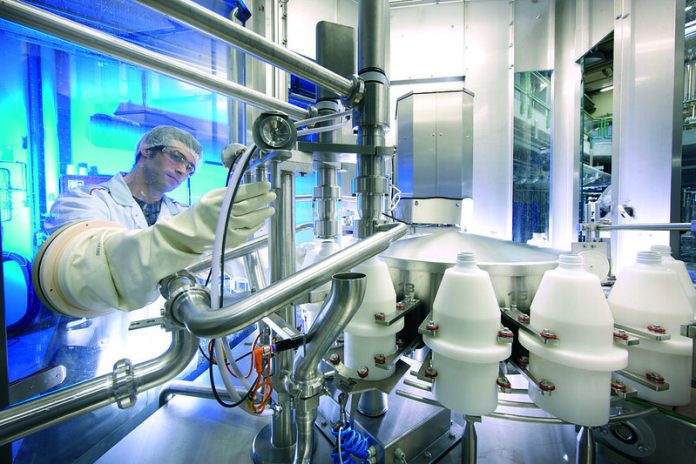The biopharmaceutical industry has witnessed remarkable advancements in recent years, and a significant driver behind these advancements is the continuous innovation in manufacturing technology. CDMO Scorpius and other providers offer streamlined processes to enhanced quality control, these innovations are revolutionizing the way biopharmaceuticals are produced, ensuring the availability of life-saving medications for patients worldwide. In this article, we will explore some of the key innovations in biopharma manufacturing technology that are shaping the industry.
1. Automation and Robotics: Enhancing Efficiency and Precision
Automation and robotics have revolutionized various industries, and the biopharmaceutical sector is no exception. The integration of automated systems and robotic platforms in manufacturing processes has significantly improved efficiency, reliability, and precision. Automated systems can handle complex tasks such as cell culture, media preparation, purification, and filling, reducing the risk of human error and increasing throughput. These advancements in automation technology have led to higher production volumes, reduced costs, and faster time-to-market for life-saving drugs.
2. Single-Use Technologies: Flexibility and Cost-Efficiency
Single-use technologies have gained popularity in biopharmaceutical manufacturing due to their flexibility and cost-efficiency. Traditionally, stainless steel equipment was used for large-scale production, requiring extensive cleaning and validation between batches. With single-use technologies, disposable bioreactors, filters, tubing, and containers are employed, eliminating the need for cleaning and validation. This not only saves time and resources but also minimizes the risk of cross-contamination. Additionally, single-use technologies enable manufacturers to quickly adapt to changing production demands, accelerating the development and manufacturing of biopharmaceuticals.
3. Continuous Manufacturing: Streamlining Production Processes
Continuous manufacturing is an emerging trend in the biopharmaceutical industry, offering significant advantages over traditional batch manufacturing. Unlike batch processes that require multiple steps and intermediate storage, continuous manufacturing integrates various unit operations into a continuous flow, reducing processing time and enhancing efficiency. This streamlined approach minimizes the risk of product variability, ensures consistent product quality, and enables real-time monitoring and control. Continuous manufacturing also facilitates process optimization, reduces waste, and enhances scalability, making it a promising technology for the future of biopharma manufacturing.
4. Data Analytics and Machine Learning: Improving Quality Control
Data analytics and machine learning are revolutionizing quality control in biopharmaceutical manufacturing. By harnessing vast amounts of data generated during production, advanced analytics algorithms can detect patterns, identify anomalies, and predict deviations. This proactive approach enables manufacturers to monitor and optimize critical parameters, ensuring product quality and regulatory compliance. Machine learning algorithms can also aid in process optimization, helping to identify the most efficient manufacturing parameters and reduce production costs. By leveraging the power of data analytics and machine learning, the biopharma industry can achieve higher productivity, reduced waste, and improved patient safety.
5. Personalized Medicine: Tailoring Therapies to Individual Patients
The concept of personalized medicine is transforming the biopharmaceutical industry, and manufacturing technology plays a vital role in its realization. Personalized medicine aims to develop therapies that are tailored to individual patients based on their genetic makeup, lifestyle, and specific disease characteristics. Advanced manufacturing technologies such as 3D printing, gene editing, and cell therapy enable the production of personalized therapies on a patient-specific basis. These innovations have the potential to revolutionize healthcare by providing targeted treatments with enhanced efficacy and reduced side effects.
In conclusion, innovations in manufacturing technology are reshaping the biopharmaceutical industry, driving advancements in efficiency, quality control, and personalized medicine. Automation, single-use technologies, continuous manufacturing, data analytics, and personalized medicine are just a few examples of how technology is revolutionizing the production of life-saving medications. With these advancements, the biopharma industry is poised to meet the growing demand for innovative therapies, improve patient outcomes, and contribute to the overall well-being of society.

